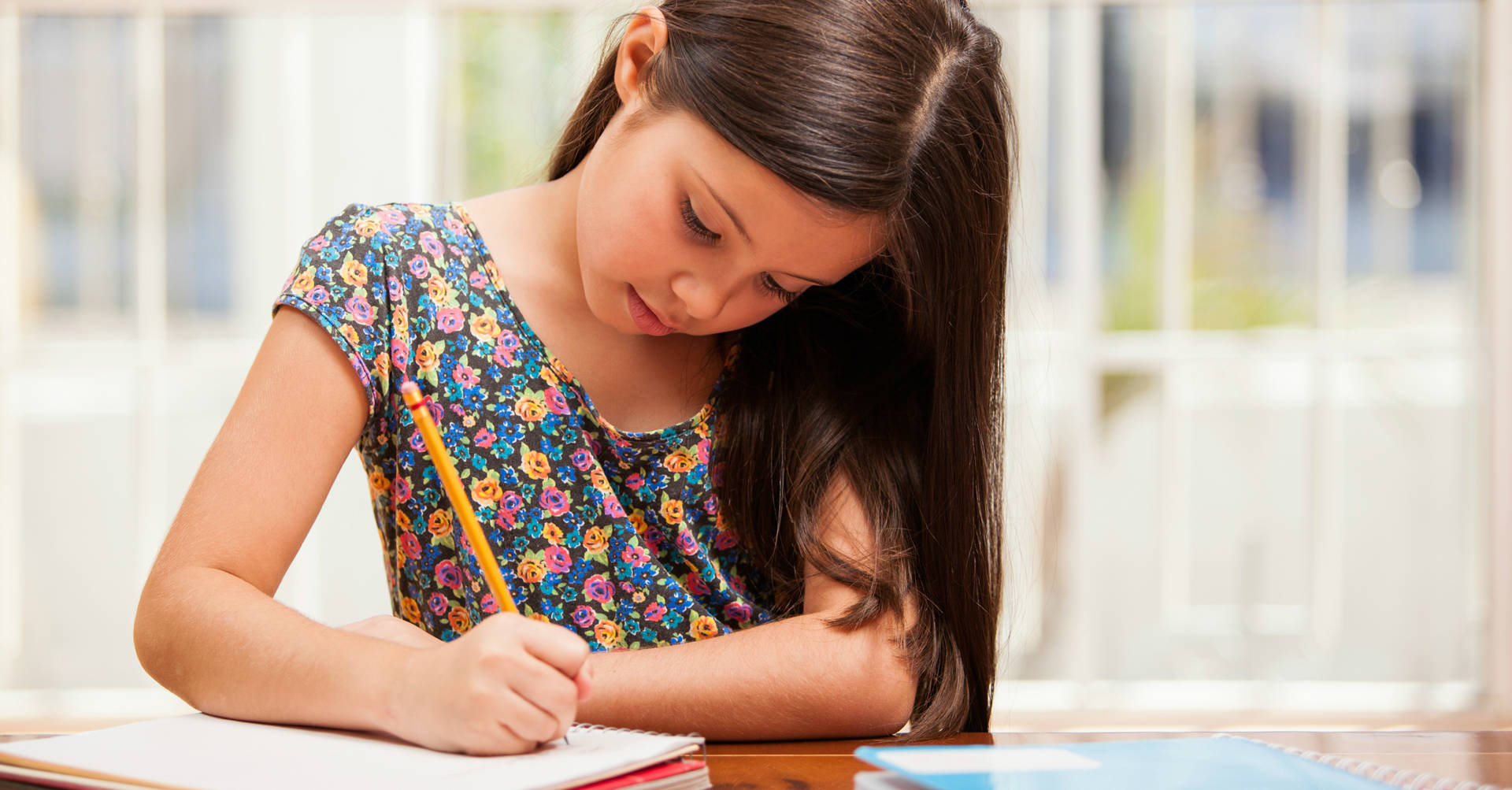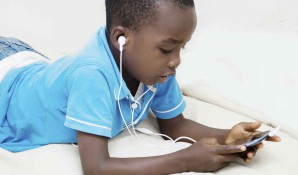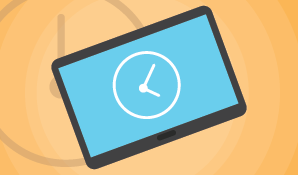There are a handful of primary schools in South Africa that have made the controversial decision to drop homework. Parents of children at these schools often express relief coupled with concern for their children’s academic progress when such announcements are made. While homework has been one of the cornerstones of schooling for generations, its popularity is waning and many education experts now believe that it offers very little benefit for young school children at all.
Sun Valley Primary School in Cape Town is one of the most well-known examples of schools that have dropped homework. “We had to rethink the function of education. We asked ourselves, ‘What is the purpose of homework when children are already spending seven hours at school, and how are these kids going to have a balanced life?’” says Gavin Keller, the principal of the school.
What does research say? Over the years, considerable research has been conducted into the academic benefits of homework and at best, the outcome of all of this research has been inconclusive. However, a recent, scientifically sound study suggested that there is no relationship between the amount of time students spent on their homework and their grades – even if they did no homework at all.
One thing that all the research shows, however, is that how homework is carried out differs vastly between families from different socio-economic backgrounds and between parents who have differing views on what their levels of involvement in their children’s homework should be. This means that, unlike when they are in the classroom, children are not enjoying a level playing field when it comes to the school work that they do at home.
The case for dropping homework These disparities between different parents’ available time and the ways in which they supervise homework are some of the greatest arguments for dropping this practice. Parents, who work, struggle to find the time to supervise homework in the short hours between finishing their own work and putting their children to bed. This means that positive family time is reduced and that there is no time for other beneficial activities – like exercising or reading together.
At the same time, schools employ professionals who are there to support learning and to make it vibrant and exciting for their students. They are trained in identifying and addressing problem areas, and know their subject matter and the best approaches for conveying it in the classroom.
While academic work should be supported by parents, there is an increasing opinion that it shouldn’t be their responsibility to ensure that their children’s daily learning is completed at home. Schools like Sun Valley Primary are willing to take on the responsibility for concluding learning during school hours, to support a positive and stress-free home environment for their students and their families.
But surely there are benefits to homework? Of course, there are also advantages to children doing and parents supervising homework. It gives you insights into what your children are doing at school and how well they are managing it. If there are problem areas, you can pick them up and raise them with the teacher. It also allows you to support your children’s studies with real-life examples that are relevant to them. And, if homework is supervised correctly – which means guiding but not telling – it also helps your children to learn to study independently.
No-one will argue against these benefits, but by keeping open lines of communication with your children’s teachers, and finding out from your children what they have learnt and what they are struggling with each day and supporting them with projects or test revision (which don’t fall away along with homework), you can continue to realise these benefits.
What are the outcomes of dropping homework? Principal Keller says that the results of dropping homework at Sun Valley Primary have been overwhelmingly positive. The parents are greatly relieved to have a cause of stress in their lives removed, the children’s academic results and motivation have improved, and the teachers have been informed that the children spend more time reading in the evenings at home.
Heads of other schools have stated that the additional time that was spent in each lesson following up on and checking homework is more than enough time in which to do the “homework” in class.
How can I get in on the homework-free action? The Department of Education doesn’t regulate the amount of homework that schools are required to set. And by now, principals all over South Africa should be aware that some institutions are ditching the practice. This means that it’s entirely up to your principal, teachers and governing body. If you feel that a no-homework policy would be beneficial at your primary school (the debate is slightly different at high school when independent work starts being more important), approach the relevant people to start the discussion.
But remember, if your school does overturn its homework policy, use the time wisely to further your children’s development. Don’t spend more time in front of a screen – instead get them to read a book, go for a walk, do an additional extra-mural or spend extra time talking about their day at the dinner table. If you get the gift of extra time, use it wisely.




